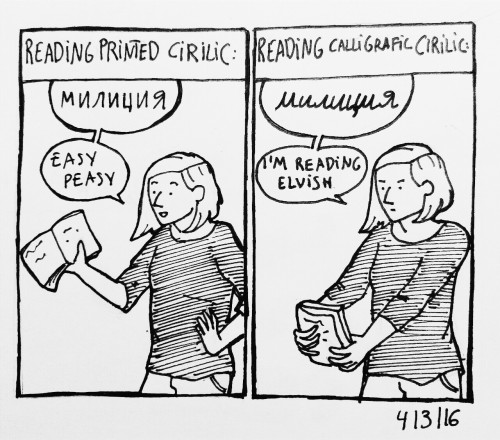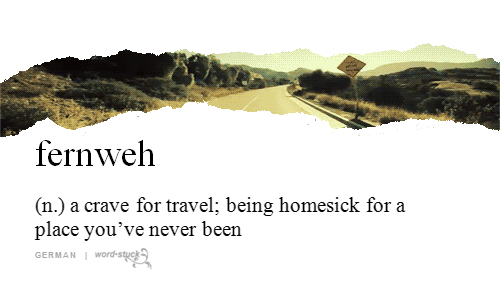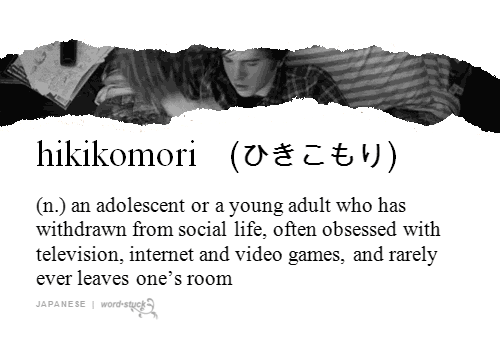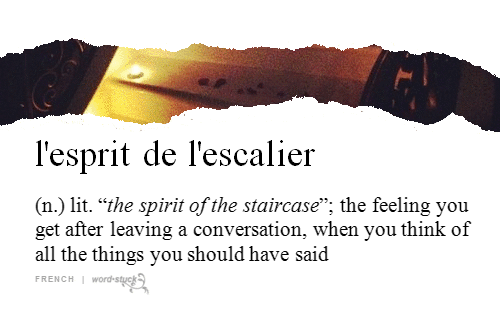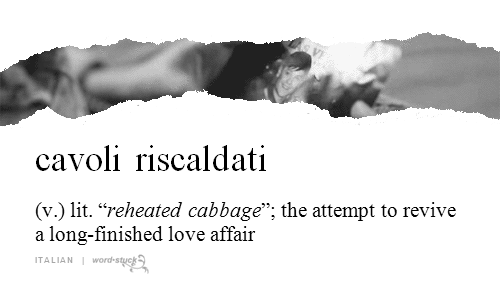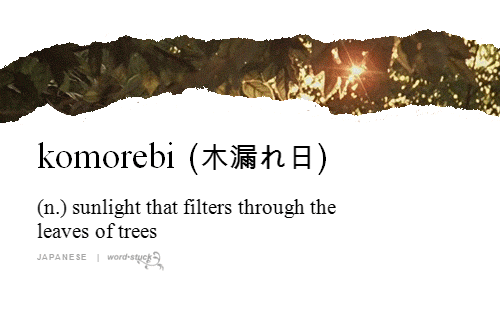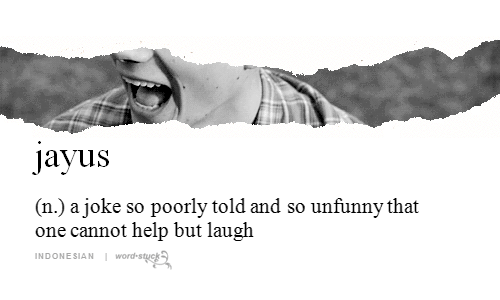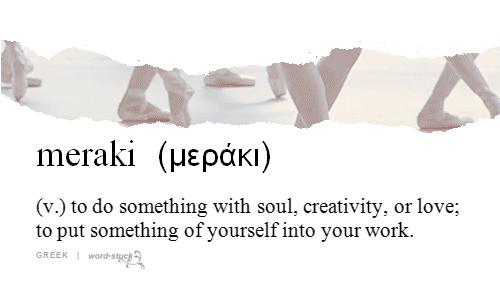Your gateway to endless inspiration
Languages - Blog Posts
I was discussing with a friend about the translation choice for The Fellowship of the Ring in French. In the first translation, the translator Francis Ledoux uses ‘communauté’ for ‘fellowship’, in the meaning of ‘a group of people united by a common goal or shared traditions’*. This is almost exactly the same definition the online Cambridge dictionary** gives for ‘fellowship’. However, ‘fellowship’ has another meaning, a little outdated, that keeps the idea of a shared goal or interest but with the added nuance of a bond of friendship formed over this goal.
And that’s where the new French translation comes in, with the title La Fraternité de l’Anneau instead of La Communauté de l’Anneau. Daniel Lauzon chose ‘fraternité’ for fellowship, meaning ‘the bond between people within a same group, working toward a same goal’*** There is an outdated and specific use for ‘fraternité’ in the context of a medieval, feudal society, to design the bond between knights who swore to protect each other in battle and always fight for the same cause. And knowing just how much Tolkien was influenced by the Middle Ages for his universe, this seemingly trivial difference of translation has me foaming at the mouth like a rabid dog. Because it means the translator, Daniel Lauzon in this case, really took the time to study and look for the exact nuance of a word to best render the idea of The Fellowship of the Ring in the translated title of the book. This is so in line with Tolkien’s love for languages and words, I am over the moon.
There is a big debate amongst French speaking Tolkien fans about old vs new translation but I am a hardcore defender of Daniel Lauzon’s translations of The Lord of the Rings because it’s the one that made me fall in love with Tolkien’s style and poetry even though it was not the original version, and that’s a feat. It’s not perfect, no translation is ever perfect, but it had this feeling of deliberate choice for each word to best render the multiple meanings of a sentence or poem. Francis Ledoux’s translation feels too dry and artificial to me, even though I love how he translated Strider by Grand-Pas, or ‘Big-Steps’
* https://www.larousse.fr/dictionnaires/francais/communaut%C3%A9/17551
** https://dictionary.cambridge.org/dictionary/english/fellowship
*** https://www.larousse.fr/dictionnaires/francais/fraternit%C3%A9/35113
YES!!
anyone else really want to just live in as many countries as possible, pick up as many languages and dialects as possible, absorb as much culture and ways of life as possible


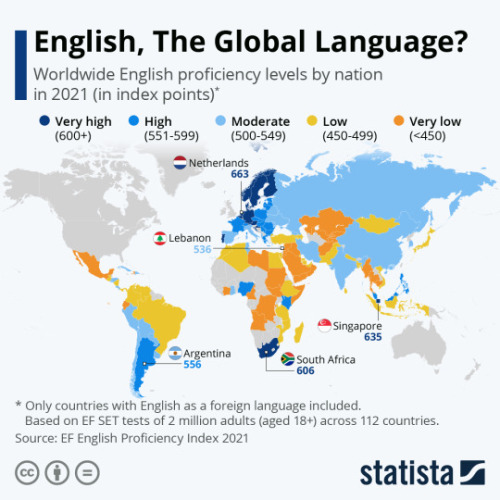
Parte 2:Razones por las que a los japoneses jamás se le va a dar bien el inglés: Sean bienvenidos, japonistasarqueológicos, a una nueva entrega, en esta ocasión hablamos del inglés en Japón, una vez dicho esto pónganse cómodos qué empezamos. - Por la que a los japoneses les cuesta el inglés más de una te sorprenderá, los japoneses para poder aprender inglés desde cero les lleva alrededor de 500 horas alcanzar el nivel principiante; sin embargo, se necesitan unas 250 horas para aprender coreano o indonesio al mismo nivel principiante. Una de las razones por las que los japoneses no son buenos en inglés es debido a la pronunciación, esto es un hecho. - La estructura gramatical del inglés es: SVO (sujeto-verbo-objeto) donde el verbo va primero, mientras que en japonés, SOV (Sujeto-Objeto-Verbo) donde el verbo va al final. Además, la estructura de las oraciones difiere entre el inglés y el japonés, el inglés es muy estricto en cuanto al orden de las palabras. En japonés utilizamos unas 120 palabras en un minuto de conversación normal. El inglés emplea aproximadamente 1,5 veces más palabras, razón por la cual los japoneses sienten que hablan inglés más rápido. Por ejemplo, la palabra japonesa “personalidad” tiene tres fonemas. Cuando se trata de inglés, necesitamos cinco fonemas: pa/so/na/li/ti, y para transmitir la misma información, necesitamos hablar más rápido. La razón por la que a los japoneses les resulta difícil escuchar y hablar inglés es probablemente porque se les exige que usen habilidades que normalmente no emplean. パート2:日本人が決して英語が得意にならない理由:日本の考古学者たちよ、新しい回へようこそ!今回は日本の英語について話す。 - なぜ日本人は英語が苦手なのか?日本人がゼロから英語を学んで初級レベルに達するには約500時間かかるが、韓国語やインドネシア語を学んで同じ初級レベルに達するには約250時間かかる。日本人が英語を苦手とする理由のひとつに発音があるが、これは事実である。 - 英語の文法構造はSVO(Subject-Verb-Object)で動詞が先に来るのに対し、日本語はSOV(Subject-Object-Verb)で動詞が最後に来る。また、文の構造も英語と日本語では異なり、英語は語順に非常に厳しい。日本語の場合、通常の会話で1分間に使う単語は約120語。英語はその約1.5倍の単語を使うので、日本人は英語を話すのが早いと感じるのです。例えば、日本語の「パーソナリティ」という単語には3つの音素がある。それが英語になると、パ/ソ/ナ/リ/ティの5つの音素が必要になり、同じ情報を伝えるためには、より速く話す必要がある。日本人が英語を聞くのも話すのも難しいと感じるのは、普段使わない能力を要求されるからだろう。 - 今後の記事でお会いできることを楽しみにしています。 Part 2: Reasons why the Japanese will never be good at English: Welcome, Japanese archaeologists, to a new instalment, this time we are talking about English in Japan, so make yourselves comfortable and let's get started. - Why the Japanese have a hard time with English more than one will surprise you, it takes the Japanese around 500 hours to learn English from scratch to reach beginner level; however, it takes around 250 hours to learn Korean or Indonesian to the same beginner level. One of the reasons why Japanese people are not good at English is because of pronunciation, this is a fact. - The grammatical structure of English is: SVO (Subject-Verb-Object) where the verb comes first, while in Japanese, SOV (Subject-Object-Verb) where the verb comes last. Also, sentence structure differs between English and Japanese, English is very strict about word order. In Japanese we use about 120 words in one minute of normal conversation. English uses about 1.5 times as many words, which is why Japanese people feel they speak English faster. For example, the Japanese word "personality" has three phonemes. When it comes to English, we need five phonemes: pa/so/na/li/ti, and to convey the same information, we need to speak faster. The reason why Japanese people find it difficult to listen to and speak English is probably because they are required to use skills they do not normally use. - I hope you like it and see you in future posts, have a good week.
So I bought a bunch of stencils (is that the right word?) and in one of the packs was this one.
And since I don't trust google translation, I thought I would ask if anyone knew what this means?

Sometimes I am so grateful that I speak Arabic, because I can not imagine learning it with no prior knowledge.
Learning a language and slang at the same time is crazy bc i‘ll use a phrase and be like „is this a slang term and acceptable in casual conversation, a rare but correct phrase, or absolute bullshit that makes me look like an idiot“
So, let me add my two cents to this conversation. I’m German and in my language, every noun has a gender (either female, male or neuter) and gets referred to by gendered articles which are der (the, masculine), die (the, feminine) or das (the, neuter) and it‘s the same with the pronouns for said noun where there are either er (he), sie (she) or es (it) pronouns used for the word.
And while the moon in many languages is seen as a symbol for femininity, which probably stems from the moon being a female noun in Latin (Luna, Lunae f.), in German, that is not the case.
In my language, the moon is a masculine noun and referred to by male articles. We say DER Mond (the moon) and when we want to say that it looks beautiful, we‘d say: “er sieht schön aus”, aka “he looks beautiful.”
So, what’s the takeaway from all of this? The easiest way to phrase it is, that both cultures and languages are simply very different all around the world. I know that that sounds a bit.. obvious but I have recently observed that, especially on the internet, there seems to be a “right” and “wrong” way to go about things.
Seeing matters from a perspective that isn’t typically “Latin” or “American” is often shunned and shut down online because people aren’t used to it.
You can easily see that happen in the above post, where the user who posted the photo and caption was immediately shunned by the people in the comments for using the “wrong” pronoun for the moon.
Which is kind of funny to me, seeing as in English, nouns DON’T EVEN HAVE gendered pronouns. So this is definitely coming from the culture online being heavily influenced by Latin, as the internet seems to be a very western space and many of those languages have roots there.
But to me it is important to say that just because Luna is a commonly used term when talking about the moon, that doesn’t have to mean that everyone needs to agree on it being female. In my language, that isn’t the case and I’d very much feel pretty annoyed if anyone told me that my or my language’s/culture‘s perspective is somehow wrong.
So, as the person above my way too lengthy post already said: we‘re not all Romans. And in my humble opinion, that‘s a good thing. So stop policing other people on stuff like this, just because they have a different perspective on this. Emphasis on the word DIFFERENT by the way. Different, not wrong.


I think I'm gonna start using he/him for the moon on purpose now.
reblog if you think sign language should be taught as a language in schools.
🗣🗣🗣🗣🗣
Me: lives in a community where Spanish is the most popular second language, the only option for high schoolers that want to learn a language, & most of my friends speak it
Also me: tries to learn every language other than Spanish
Architectural Words of High-Arcana
This just some words used my the Architects / Gods of my mythos ( The Piper Wars mythos ) to magical control reality. Elementus ( Elemental ) Words: Aiero = Air / Wind Anam = Soul / Spirit Cré = Earth Chronoss = Time Codexus = Digi-Materia / Digital Information Derlana = Electricity Hemoss = Blood Gravtoss = Gravity Lann = Light / Photo Machina = Machines Magnes = Magnetism Matara = Matter / Solid-Material Narcess = Self Necross = Necrotic-Energy / Death Ogher = Ice / Cryonic-Energy Psychiss = Mind Radioss = Radiation Aqiss = Water Tine = Fire / Flame Umbriss = Darkness / Shadow Vitia = Life / Vitality Weapia = Weapon / Implement Vlles = Flesh Silvarali = Silver-Light / Divine Light / Luciferian Light Formus ( Forming ) Words / Actoss (Action ) Words: Armeri = Armor / Shell Ascedor = Rise / Ascend Devos = Deform / Breakdown Dominostrass = Dominate / Control Fayda = Find / Locate Gail = Vibrate / Pulsate Paraza = Bind / Restrain Ga = Go Imprusa = Imprision / Cage Invetia = Invert Kinde = Cone Materia = Materialize Mendri = Mend / Repair Phallicia = Penis / Phallus Pillerum = Pillar / Column Pellta = Pull / Drag Ripola = Ripple / Wave Shaw = Shield Shuriko = Shuriken Straka = Strike / Melee Vortoss = Vortex Zeth = Nebulate / Mist / Fog Targeting Words: Ven = Self / Me Ver = Their ( Targeted area of effect ) Vie = Them ( Unnamed designated group ) Vor = Them ( Single unnamed target )
Presenting Potentially Butchered Dutch
Donderdagmiddag heeft de gedachte van dekens een smaakmaker gedragen.
The Dutch language is awesome.
So like, which hermit would you headcannon to know a ton of languages or what unexpected languages do you think some could speak?
Like one day scar just starts angrily ranting in French, or that time wels started roasting people in Japanese, maybe mumbo ordered chicken wings in Russian, or sometimes joe just tiredly mumbles random things in Icelandic. What weird things would this even bring?
Even better, where do you think they learned it?
EYO, I GOT SOME QUESTIONS TO ASK YOU
Hello friends,
I’m curious about something—and I love collecting empirical data (maybe it’s the autism/j 🤔). I wanted to do something about it,
So, I have some questions:
1. How many languages do you speak? (You can include ones you’re not fluent in, but please specify)
2. What are they?
Follow up: how many of your friends speak the same language(s)?
3. Where did you grow up (Country, state, province or whatever)?
Follow up: Describe your neighborhood to me, was it nice, bad, expensive, cheap, etc.
4. How financially well off were you as a child?
Follow up: If you feel comfortable sharing, what was the income your parent(s) made?
5. What ethnicity are you?
6. What job do you have now?
Follow up: And if you feel comfortable sharing, how much money do you make? (Also, please add if your pay is salaried or hourly)
Finally, what are some interesting facts about your language?
This is for a little project of my own that I’m doing. I know there are some issues in the school system (I’m an American, what do I expect) and I got curious. I want to see how many factors play in to the amount of languages someone speaks.
Most of the time, education is expensive—at least in the U.S it is (our public school system is shit). Yet, languages seem to be an outlier. The prissy rich white kids that can barely speak English, let alone a lick of Spanish, present an exception to the rule (education is expensive).
Also, a lot of my friends speak more than one language, but the American school system requires them to learn two while *in school*. Also, a lot of them speak languages that aren’t taught at my school— like Tagalog, Hindi, Gujarati, German, Russian, etc.— and I’m wondering if there’s a pattern to it.
Bíodh lá maith agat a chairde agus Que tengan buen día amigos
